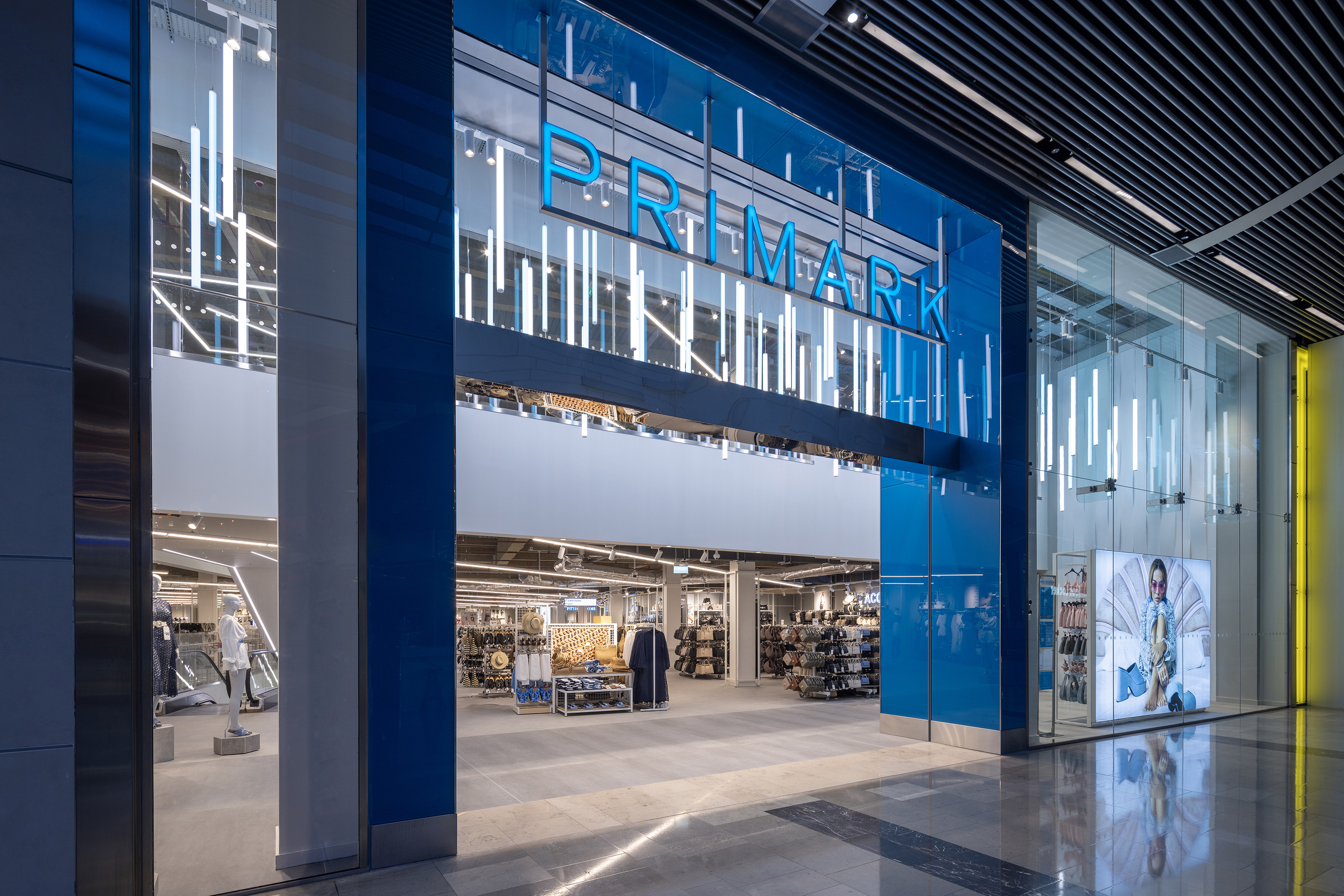Swedish fashion retailer H&M is attempting to win market share from competitors in the United States by maintaining stable prices whilst rivals including Zara and Shein raise theirs, as US tariffs disrupt the fast-fashion industry.
The world's second-largest listed fashion retailer reported second-quarter operating profit of 5.91 billion Swedish crowns, beating analysts' expectations of 5.88 billion crowns, even as sales fell to 56.7 billion crowns from 59.6 billion a year earlier.
H&M chief executive officer Daniel Erver said constantly changing tariffs had created turbulence, with the company planning for multiple scenarios. "The challenge in the coming months is to understand the consumer sentiment, which we see has dropped in the US due to all the turbulence," he told Reuters.
Data from price tracking firm EDITED shows the average US price at Zara was up 28 per cent this month compared to a year ago, whilst H&M prices were down 3 per cent year-on-year. Zara prices rose across the board in June compared to January, whilst H&M kept prices stable.
"Different competitors are acting in different ways, some more aggressively, some more cautiously," Erver said, adding that some competitors would be "forced to raise prices more" creating opportunities for H&M.
The US represents H&M's second-largest market after Germany, accounting for 13 per cent of sales in 2024 across around 500 stores. Chinese rival Shein, which ships directly to US consumers, has also raised prices after Trump ended duty-free treatment for low-value parcels.
H&M is mitigating tariff impacts by shifting production from China to Bangladesh and other countries, and consolidating its supplier base to work with fewer, larger partners operating across multiple countries.
"We look at each individual order to decide what's the best sourcing market depending on the craftsmanship, the skills, the pricing situation, but also now more than ever the geopolitical situation with trade barriers," Erver explained.
As part of its nearshoring strategy, H&M is increasing suppliers in Turkey, Egypt, Jordan and Morocco for European markets, whilst adding suppliers in Brazil where it plans to open first stores in the second half of the year.
The company said its collections were "more current, more on trend, more fashionable" with gingham and check patterns proving particularly popular. However, Erver warned of more competitive summer markdowns ahead.
Latest News
-
Tesco makes ‘significant strides’ on safety through body worn cameras
-
Flying Tiger Copenhagen appoints new group chief executive
-
Walgreens cuts over 600 jobs after buyout
-
Mango opens first store in Limerick as part of expansion plan
-
eBay and Etsy to buy Depop for $1.2bn
-
REWE opens automated fresh food facility to serve Berlin outlets
Beyond Channels: Redefining retail with Unified Commerce
This Retail Systems fireside chat with Nikki Baird, Vice President, Strategy & Product at Aptos will explore how unified commerce strategies enable retailers to tear down these barriers and unlock new levels of operational agility and customer satisfaction.
The future of self-checkout: Building a system that works for consumers and retailers
In this webinar, industry leaders discussed what the future of self-checkout looks like and how retailers can make the technology work for everyone.
© 2024 Perspective Publishing Privacy & Cookies





.jpg)





Recent Stories